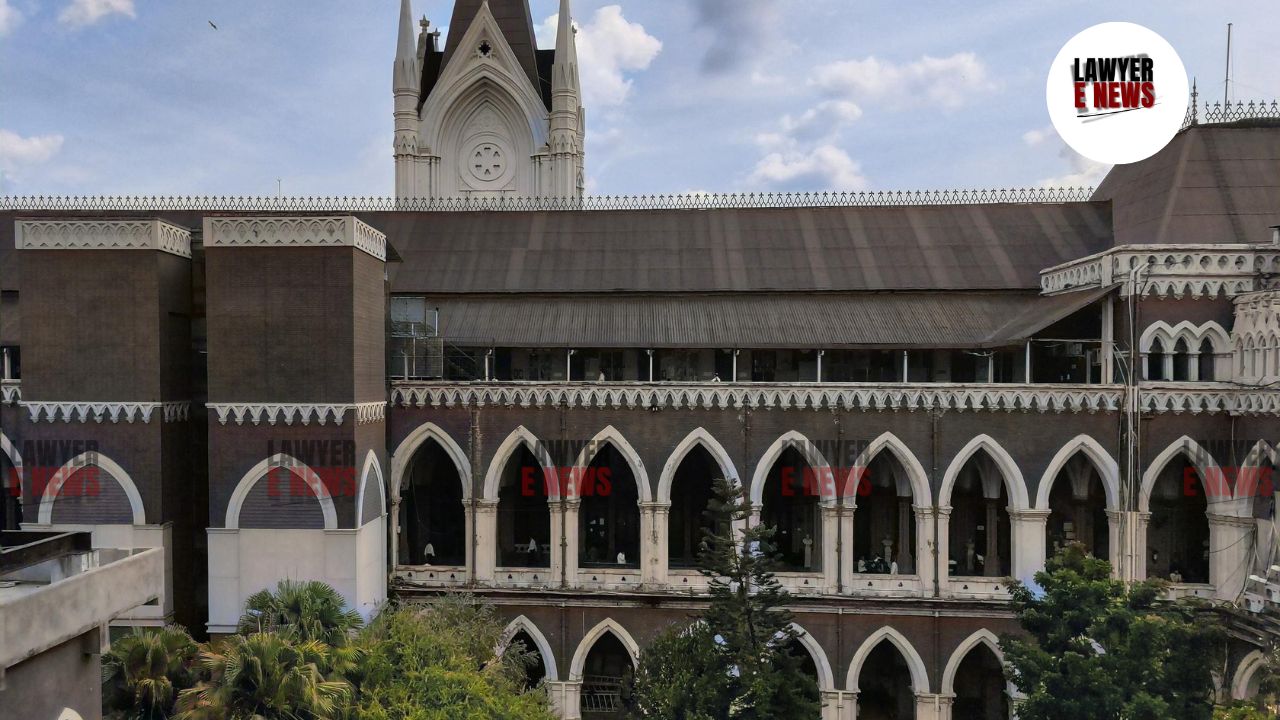-
by Admin
15 February 2026 5:35 AM



The High Court at Calcutta, in a recent judgment, has set aside the acquittal of the accused in a cheque bounce case under Sections 138 and 141 of the Negotiable Instruments Act, 1881. The judgment, delivered by Hon’ble Justice Sugato Majumdar, underscores the imperative of correcting judicial errors and mandates a rehearing of the case by the trial court.
The appellant, Sashikant Todi, initiated a criminal prosecution against Siddharth Automobiles Limited and its directors, Deepak Loyalka and S. M. Bedi, under Sections 138 and 141 of the Negotiable Instruments Act, 1881. The case stemmed from the dishonor of two cheques, each amounting to Rs. 2,50,000, issued by the accused company in favor of the appellant. Upon dishonor of the cheques for insufficient funds, the appellant issued a demand notice, which went unheeded, leading to the initiation of legal proceedings.
The trial court acquitted the accused on the grounds that the prosecution had withdrawn the case against the company, thereby violating the provisions of Section 141 of the Act, which mandates the company’s inclusion as an accused.
The High Court noted that the trial court misconstrued an application filed by the appellant seeking to continue the prosecution against the other accused in the absence of the company. The trial court erroneously interpreted this as a request to withdraw the complaint against the company, leading to an acquittal of the other accused.
“The trial court misconstrued the content of the application and mechanically passed an order of withdrawal against the Accused no. 1, namely, the company,” observed Justice Majumdar.
Justice Majumdar referenced the Supreme Court’s ruling in Popular Muthiah v. State, which empowers High Courts to exercise their inherent jurisdiction to ensure substantial justice, even when judicial errors originate from the court itself.
“The High Court can exercise its inherent powers to do substantial justice… Error of a Court should not lacerate the face of the Appellant in aberration of justice,” Justice Majumdar remarked, emphasizing the principle of ex debito justitiae (from a debt of justice).
The High Court’s judgment highlighted the necessity of arraigning the company as an accused under Section 141 of the Negotiable Instruments Act, 1881. The withdrawal of the prosecution against the company was identified as a judicial error that unjustly prejudiced the appellant’s case.
Justice Majumdar elucidated, “The appellant cannot suffer adversely for the fault of a Court… It is a fit case, therefore, that this Court should act ex debito justitiae to do real and substantial justice to the Appellant.”
In allowing the appeal, the High Court set aside the impugned judgment of the trial court dated 16th February 2019 and directed a fresh hearing on the merits and maintainability of the case. The trial court has been instructed to dispose of the original complaint within three months from the receipt of the order.
Date of Decision: 16th May 2024
Sashikant Todi vs. State of West Bengal & Ors.
